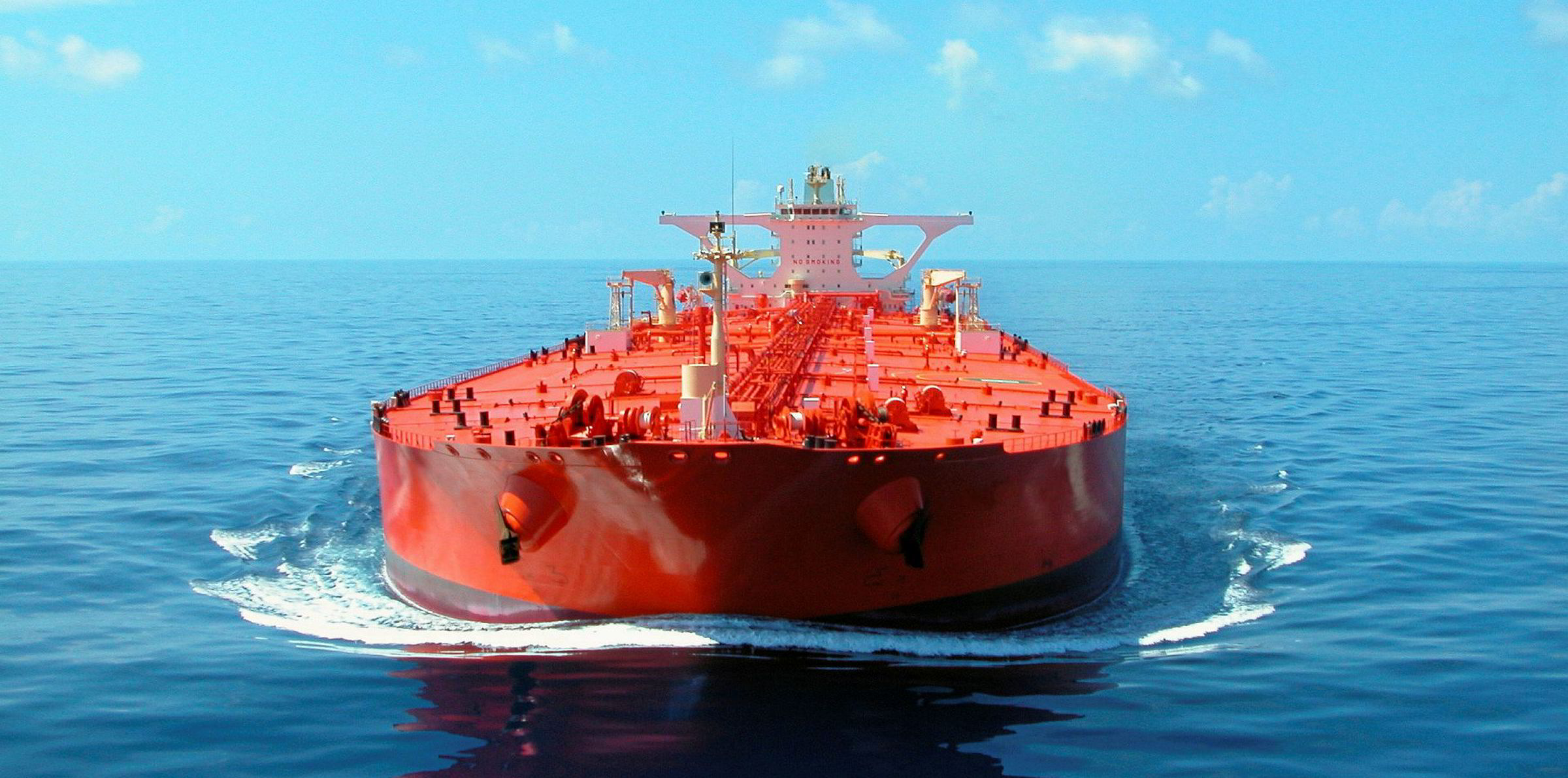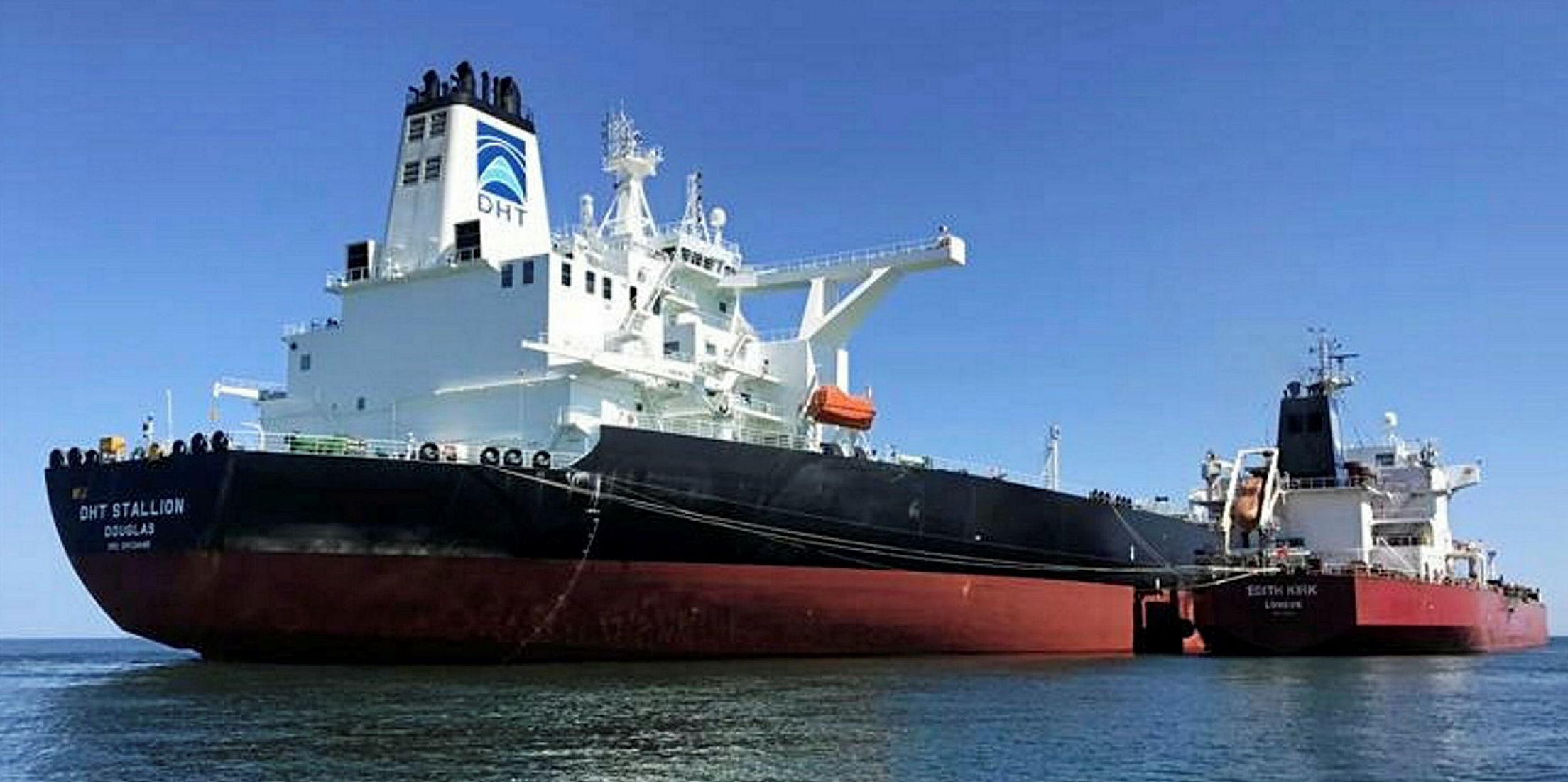Brokers believe VLCC rates have further to fall as charterers test owners' nerve with low offers.
Overall VLCC spot earnings slipped to $24,700 per day on Wednesday, down 14% from Tuesday, Clarksons Platou Securities said.
The benchmark Middle East Gulf to Asia is generating only $18,900 per day, the Clarksons subsidiary added.
"Activity remains low and charterers are taking full advantage of the situation and are aggressively countering owners’ rate ideas with low levels to see if anyone will take them," the investment bank said.
Brokers view the prospect of some owners willing to go lower as inevitable.
No short-term relief
"With Opec+ cuts lasting through July, we probably won’t see any respite before later this month when the August programme starts working," Clarksons Platou analysts Frode Morkedal and Omar Nokta said.
The group of exporters is scheduled to add 2m barrels per day of output in August.
"Although we are likely to see rates to test operating cost of $8,000 to $10,000 per day before a turnaround, we see tanker equities at historically low valuation with VLCC prompt resale values of $77m now priced in on average," Clarksons Platou said.
"In other words, we argue a lot of the headwinds are already priced in."
US investment bank Jefferies said that despite production cuts by OPEC+ flattening the oil price contango and reduced the economic incentive for new floating storage contracts, it believes the second quarter will prove to have been a record-setter in terms of rates and revenues for crude tanker owners.
"Looking ahead, we believe that the interplay between rising near-term crude oil demand and the speed at which floating storage is destocked will be the key driver of how strong and volatile shipping charter rates are," analysts led by Randy Giveans said.
Jefferies said no new storage deals had been entered into in recent weeks, although some deals agreed earlier on only began to take effect last month.
Volatility to continue
"Although inventory destocking will occur in the second half of 2020 and in 2021 as global economic activity rebounds, we still expect transportation demand to support rates well above cash break-even levels," the bank added.
Jefferies expects high volatility for the rest of this year, with the market remaining sensitive to any subsequent Covid-19 outbreaks or lockdowns.
"Additionally, the supply picture is the best it has been in decades and several ageing vessels will be prime scrapping candidates once break yards re-open and crews are allowed to transverse countries back to their homes," the firm added.






